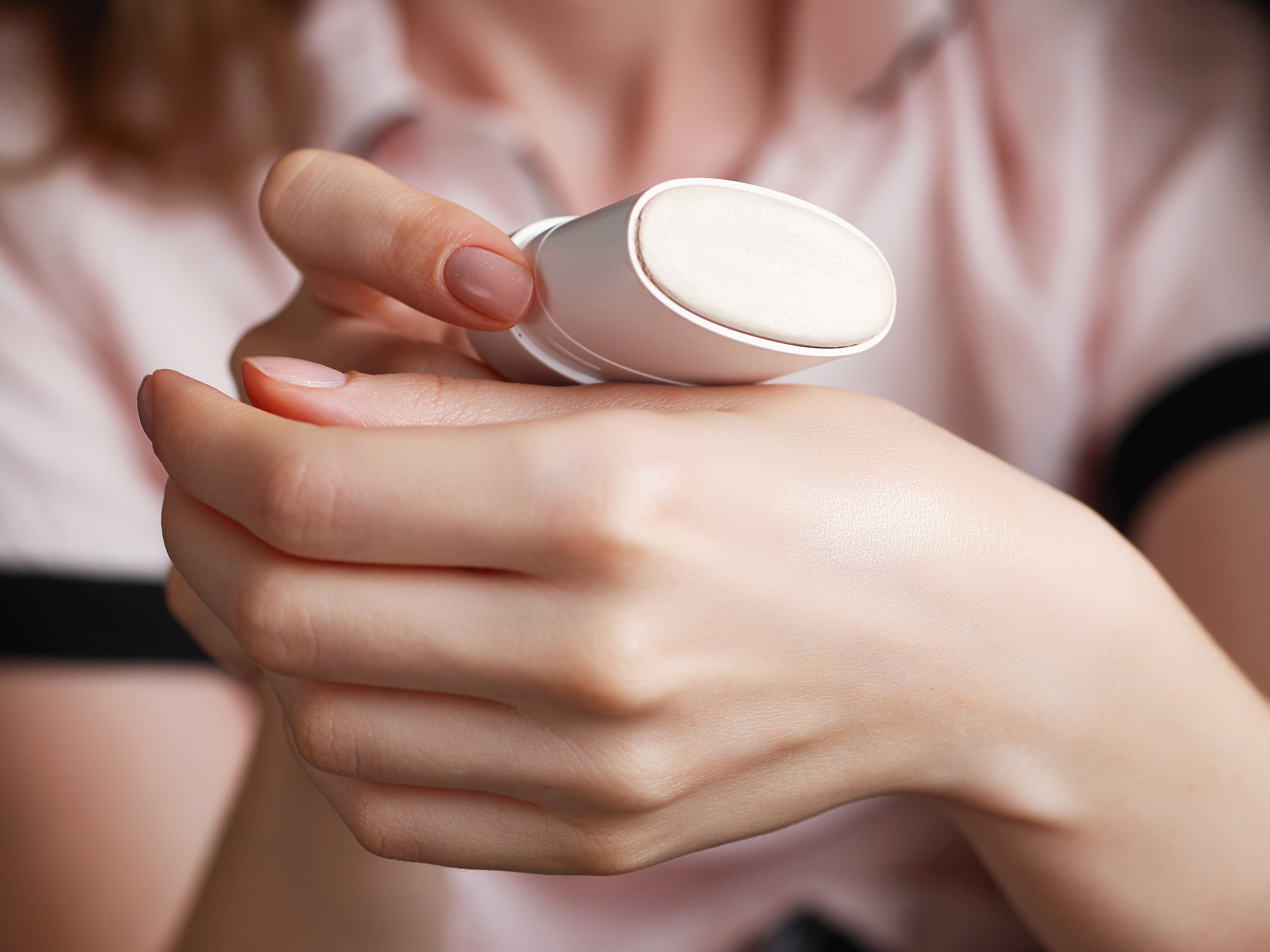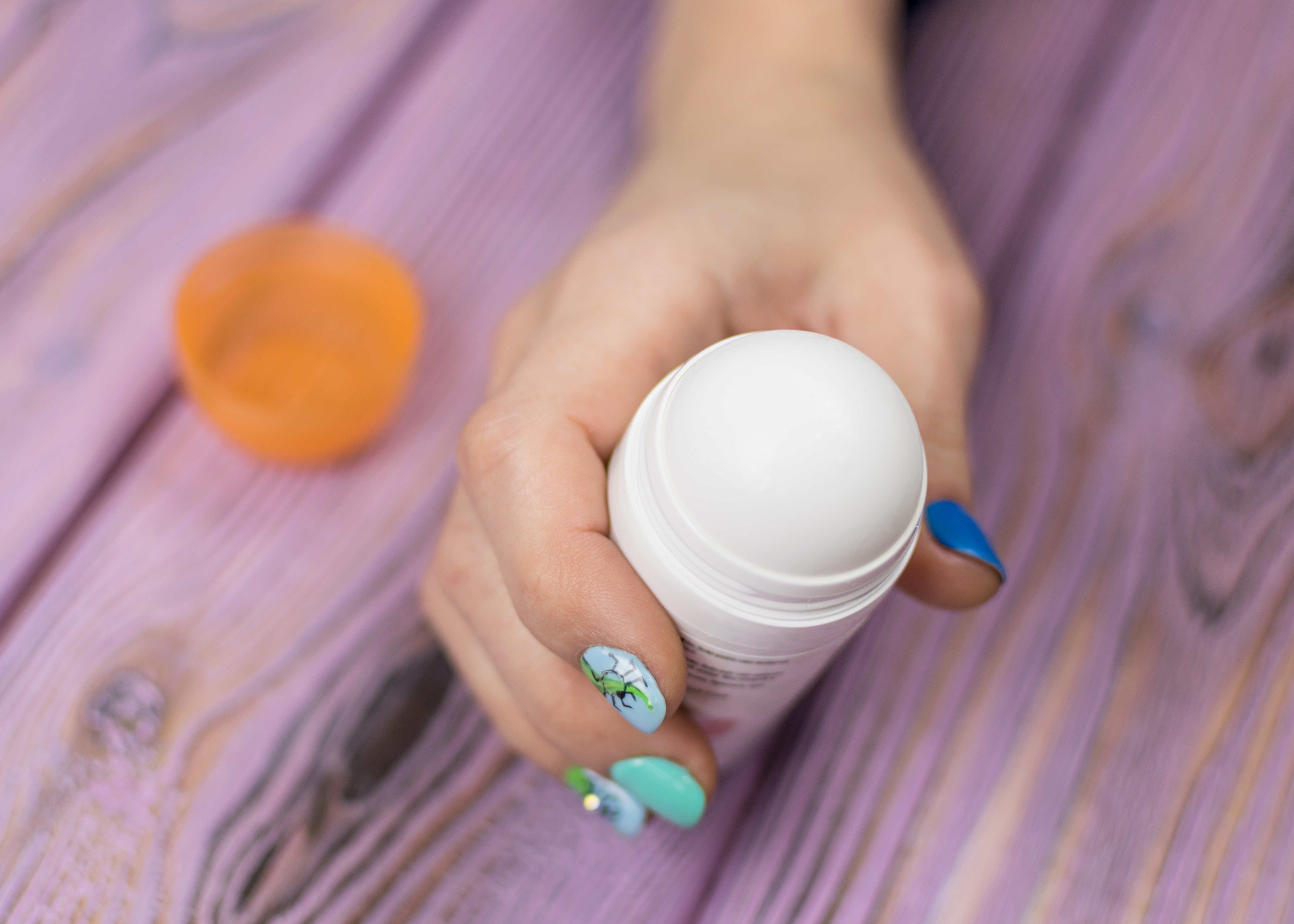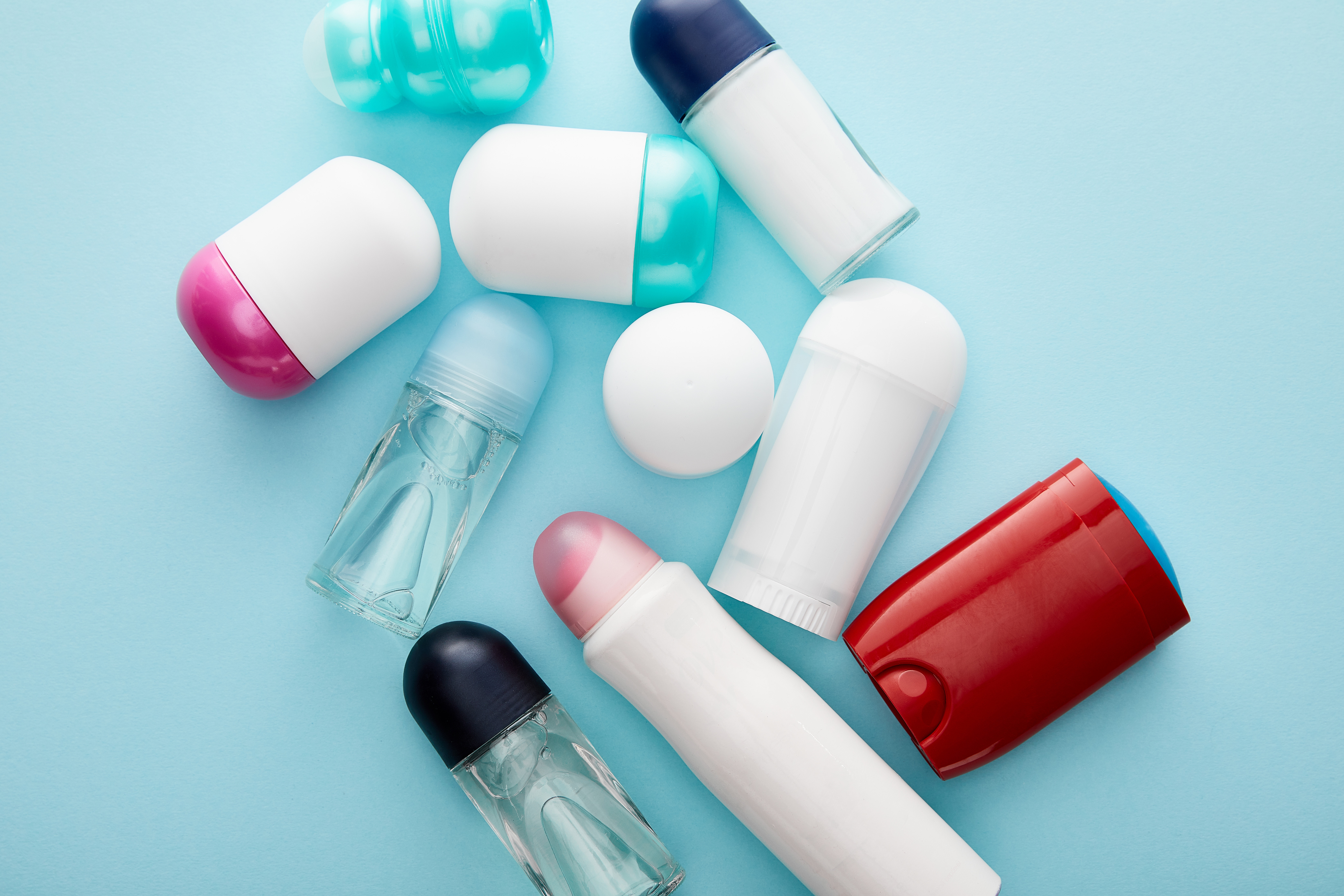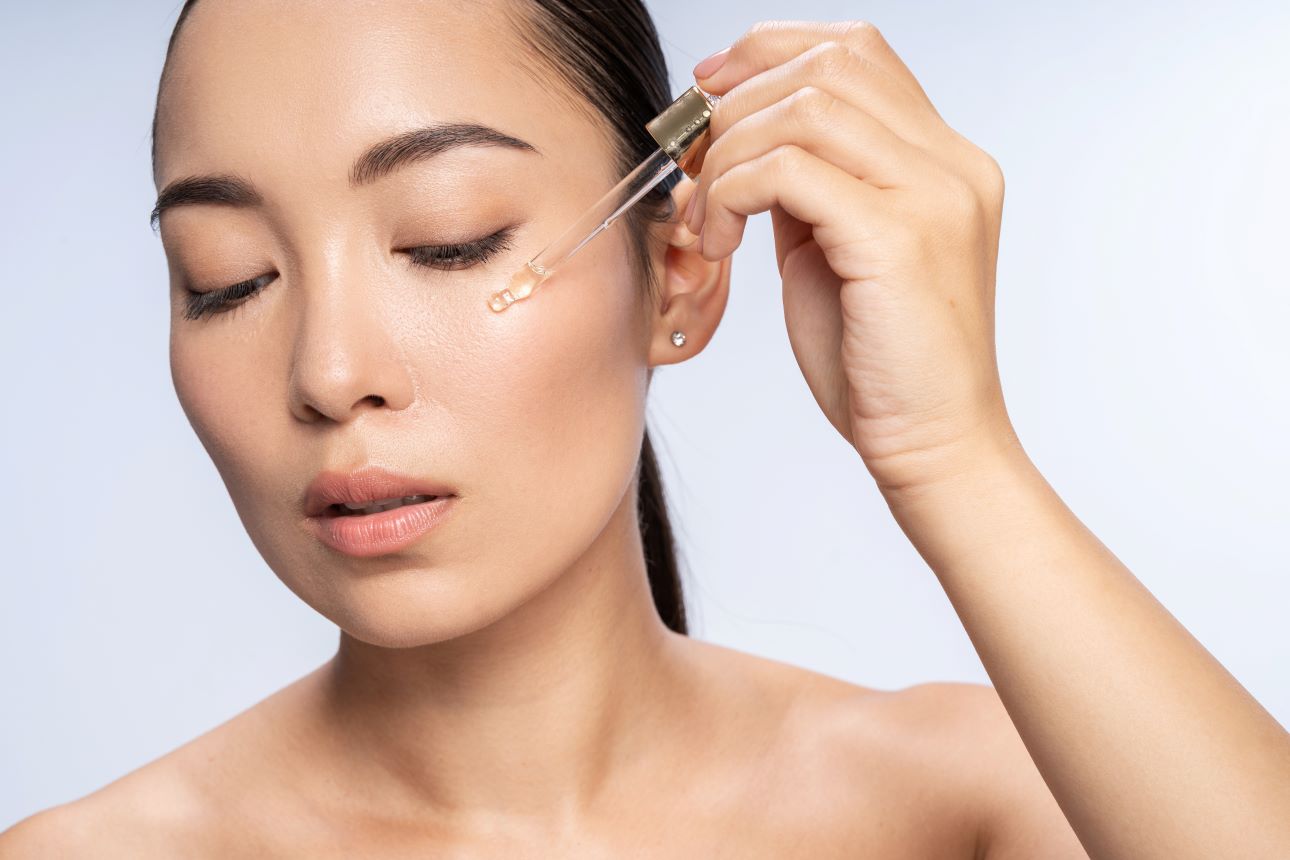deodorants
The deodorant and antiperspirant market is a significant sector within the personal care industry, addressing consumers' needs to manage body odor and perspiration. These products are essential in daily hygiene routines worldwide, and their development has evolved to meet diverse consumer preferences and health standards. Recent trends include the introduction of products tailored for sensitive skin, eco-friendly packaging, and innovative application forms such as creams and refillable gels, alongside traditional sticks and sprays.
Deodorants focus on neutralizing odors caused by bacteria without affecting sweat production, typically featuring antimicrobial agents like alcohol or triclosan. Antiperspirants, on the other hand, aim to reduce sweating by using aluminum salts to temporarily block sweat ducts, which also helps inhibit bacteria growth due to reduced moisture. This market has seen a surge in demand for natural and organic alternatives, free from aluminum, parabens, and artificial fragrances, reflecting a broader consumer shift towards health-conscious and environmentally sustainable products.

Deodorants are applied to the sensitive skin of the underarm area, which can easily become dry or irritated due to shaving and the use of products containing alcohol or antiperspirants. Skin conditioners in deodorants and antiperspirants play a crucial role in enhancing the user experience by improving the feel, function, and overall skin health benefits of the product. The inclusion of skin conditioners in formulations helps to mitigate skin irritation. Conditioners can enhance the glide of deodorant products, making them easier to apply. This is especially important for stick and roll-on formats to ensure a smooth, even application.
Skin conditioners like shea butter derivatives provide essential moisture, helping to keep the skin soft and hydrated. This can prevent discomfort and maintain the integrity of the skin barrier, reducing the risk of irritation and promoting overall skin health. Shea butter is known for its soothing properties due to its rich content of fatty acids and vitamins, particularly Vitamin E, which has antioxidant properties. These components help to calm inflammation and facilitate the healing of minor abrasions or cuts often caused by shaving. Incorporating shea butter derivatives in deodorants can help soothe the skin and accelerate the healing of these small wounds.
shea-based skin conditioners
Shea butter has natural anti-inflammatory properties, which can be beneficial in a deodorant formula. It can help reduce potential skin irritation triggered by other ingredients in the deodorant or by external factors like sweating and friction from clothing. Jarplex™ SB60 – DP has the benefits of shea in a silky powder, enhancing the experience for consumers. SB60 - DP helps ensure the product applies smoothly without feeling heavy or greasy.
Emollients are essential components in antiperspirant and deodorant formulations, serving multiple functions that enhance both the product's performance and the user's experience. They moisturize and protect the skin by forming a barrier that prevents dryness and irritation, common in the underarm area due to shaving and friction. Emollients improve the texture and consistency of deodorants, making them smoother and easier to apply, while also conditioning and softening the skin for a healthier appearance. They help reduce irritation from active ingredients and act as carriers for fragrances and other actives, ensuring even distribution and effectiveness.

Commonly used emollients include natural oils like coconut oil and shea butter, as well as silicones and fatty alcohols, each contributing to the stability and sensory qualities of the deodorant, meeting growing consumer demand for gentle, skin-friendly personal care products.
nature-based emollient and thickening agent
Castorwax™ Hydrogenated Castor Oil is valued in the deodorant and antiperspirant industry for its ability to improve product texture, stability, and skin feel, while also providing moisturizing benefits. Its multifunctional nature helps manufacturers create high-quality products that enhance user experience and maintain product performance. A plant-derived wax, it allows customization of hardness and melting point characteristics in a variety of personal care products and can form clear gels with different consistencies.

Emulsifiers are vital in deodorant and antiperspirant production, particularly when the formulation requires the mixing of water and oil-based components. They play a key role in stabilizing formulations, improving texture and consistency, ensuring even distribution of active ingredients, and enhancing the sensory attributes of the product. Their careful selection and use are critical for achieving the desired performance and consumer satisfaction in these personal care products.
The increasing demand for natural emulsifiers in deodorants and antiperspirants reflects a broader shift toward natural and organic personal care products. As consumers become more health conscious and aware of the ingredients in their skincare products, there is a growing preference for formulations that use natural, non-toxic, and environmentally friendly components.
nature-based emulsifier and thickening agent
Casid™ HSA, an alternative to stearic acid, (with a higher melting point), is a castor-based emulsifier that conditions skin while providing structure to formulations. It can act as a thickener and stabilizer, contributing to the product's efficacy and longevity on the skin.

